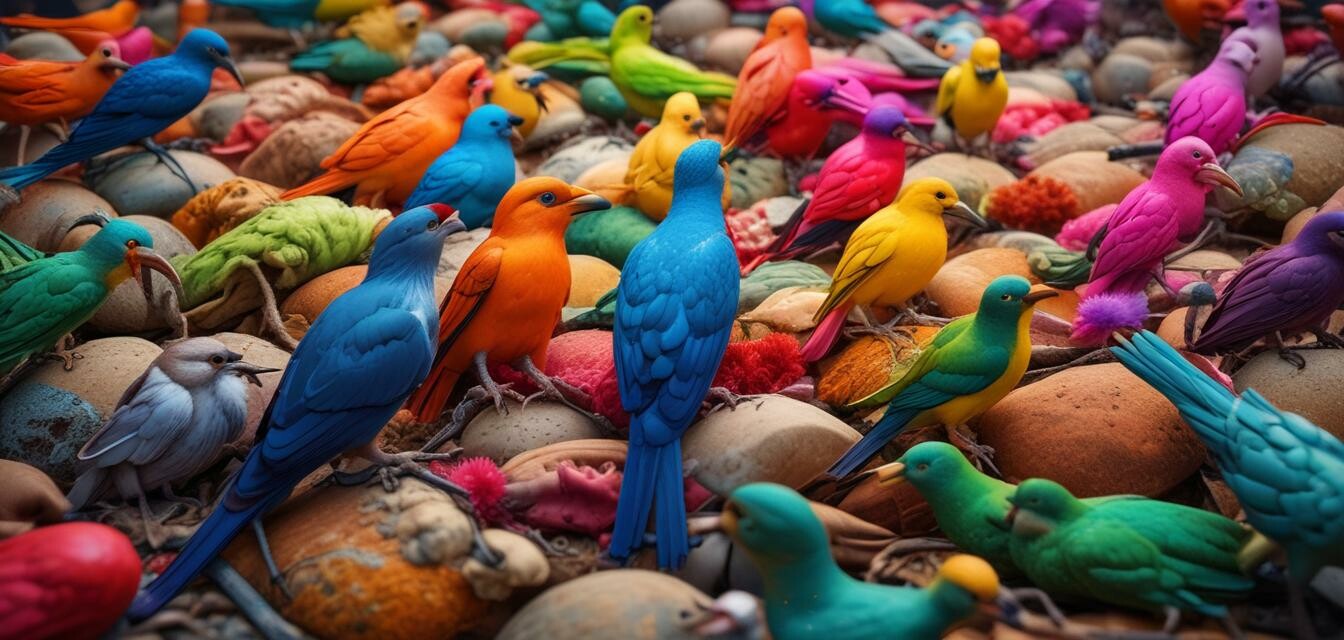
The Complete Guide to Bird Bed Liners
Key Takeaways
- Bird bed liners are essential for keeping the cage clean and comfortable.
- Materials include paper, fleece, and wood-based options.
- Proper bedding helps maintain hygiene and supports the health of your birds.
- Choosing the right size and type is crucial for your specific bird species.
- Explore a range of options through our links to various product categories below.
When it comes to maintaining a clean and comfortable environment for your feathered friends, bird bed liners play a crucial role. These liners serve to keep the cage tidy while providing a cozy space for birds to rest and play. This guide will explore the various materials available for bird bed liners, their benefits, and how to choose the right one for your cage birds.
Why use bird bed liners?
Using bird bed liners has several advantages, including:
- Hygiene: Bed liners help absorb droppings and maintain cleanliness.
- Comfort: A soft liner provides a resting area for your birds.
- Easy cleanup: Liners make it simple to change the bedding, promoting regular maintenance.
- Variety: There are multiple options available to suit different bird types and preferences.
Materials for bird bed liners
Different materials cater to varying needs of birds and owners. Here’s a breakdown of the most common types:
| Material | Benefits | Considerations |
|---|---|---|
| Paper | Highly absorbent and easy to dispose of. | Check for dyes or chemicals if safety is a concern. |
| Fleece | Soft and reusable; provides additional warmth. | Requires regular washing to maintain hygiene. |
| Wood shavings | Natural material with excellent absorbent properties. | Avoid cedar shavings, as they can be harmful to birds. |
| Corn cob | Eco-friendly option; provides natural texture. | Ensure that it’s finely processed to avoid choking hazards. |
| Grass mat | Soft and natural, giving birds a playful area. | Can be more expensive and may need to be replaced frequently. |
Factors to consider when choosing bed liners
Selecting the right bird bed liner involves multiple considerations:
- Species of your bird—different species may require different bedding.
- Size of the cage—ensure the bedding fits appropriately without excess.
- Personal preference for ease of cleaning and maintenance.
- Environmental concerns—check for eco-friendly materials.
How to maintain bird bed liners
Proper maintenance of bed liners ensures your birds remain healthy. Follow these steps:
- Check the liners daily for droppings and replace as needed.
- Wash reusable liners (like fleece) regularly with bird-safe detergent.
- Keep spare liners on hand for quick changes.
- Monitor your birds for any allergic reactions to new materials.
Pros
- Keeps the cage neat and hygienic.
- Provides comfort for the birds.
- Variety of materials to choose from.
- Easy to replace and clean.
Cons
- Some materials may require more frequent changes.
- Cost can vary depending on the type and brand.
- Not all materials are suitable for every bird species.
Where to find bird bed liners
For a variety of options, consider exploring our product categories:
- Bird Cages
- Bird Care & Health
- Bird Food & Supplements
- Bird Habitat Enhancements
- Bird Perches
- Bird Toys
Final thoughts
Picking the right bird bed liner enhances your cage birds' living environment, ensuring they are healthy and happy. The right choices promote comfort, cleanliness, and joy for both the birds and their owners. Explore our selections to find what best fits your needs, and transform your bird's habitat today!
Additional resources
For more information about caring for your feathered friends, check our [Cage Bird Health and Care](https://www.cagebirds.com/blog/cage-bird-health-and-care) category.